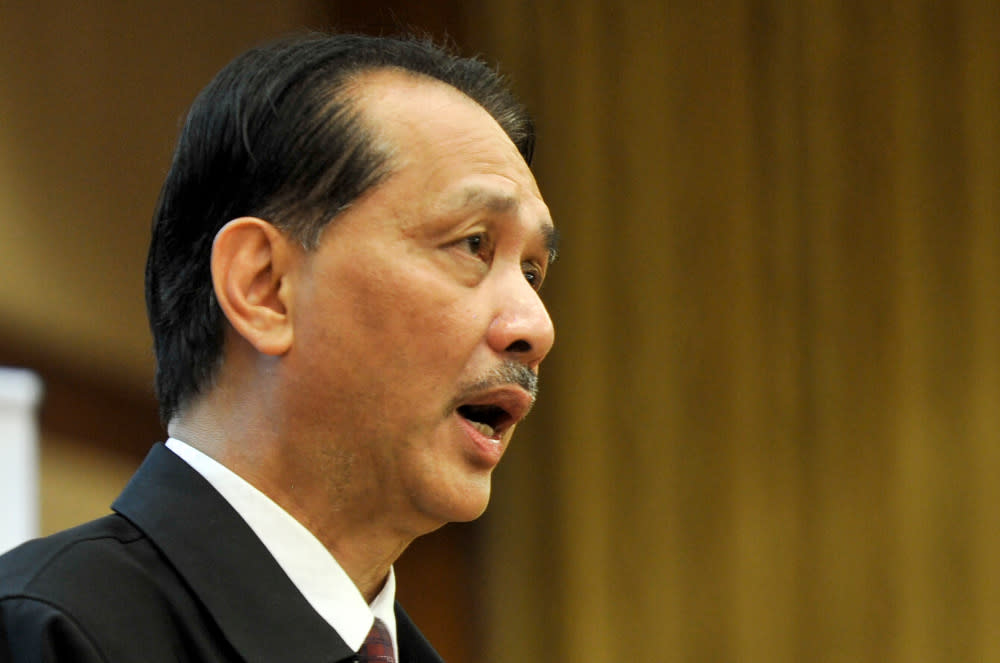Health Ministry says Malaysia's Covid-19 screening rate up to WHO standards

KUALA LUMPUR, April 2 — Malaysia’s average rate of around 3,000 tests for Covid-19 per day is on par with the standards set by the World Health Organisation (WHO), Health Director-General Datuk Dr Noor Hisham Abdullah said today.
He explained that based on the target set by WHO, there should be about a ten per cent positive result, and Malaysia has so far only shown over 7 per cent positive cases.
“WHO’s report says that if the results are a high number of positives, that means in the community, there are many cases that have yet to be detected. That is understandable.
“If we look at our rate — we took 43,462 samples and 3,116 returned positive, which is a 7.2 per cent positive rate. So we are at about the 10 per cent average standard set by WHO to decide whether it is enough for a community,” he told the daily press conference.
Earlier today, Malay Mail reported quoting health experts that the country is still lagging behind in testing for Covid-19, despite the spike of positive cases in the last two weeks under the movement control order (MCO).
The government has increased the capacity of tests up to 11,500 daily, although the average ratio reported is only around 3,000. When the pandemic first started, the daily capacity of testing was at 3,500. But now authorities are working to increase the capacity to 16,500 tests daily, at the 48 laboratories nationwide.
Yesterday, he also said 16,500 target be supported by antigen flash tests, and that analysis is being conducted to determine the reliability and accuracy of the South Korean-manufactured kits and if accepted, they will be ordering some 200,000 units.
However, today he said that South Korean test kits only had a 56.6 per cent accuracy rate.
“So we will wait and use the flourescent readers, which has a 75 to 80 per cent accuracy rate,” he said.
Related Articles Ismail Sabri: Public compliance up, MCO arrests continue downward trend Covid-19: To mask or not to mask? — Dr Amar-Singh HSS Menteri: Tinggal solat Jumaat tiga kali tak jatuh 'munafik'



